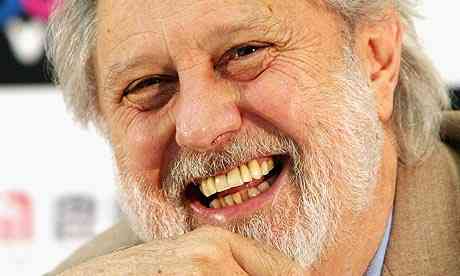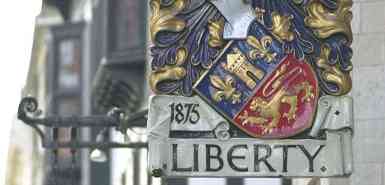
Lord Puttnam: has faced "extraordinary grade of lobbying". Photograph: Junko Kimura/Getty Images
The government"s plans to undo record sharers from the internet have come in for complicated critique in parliament, among claims that ministers are attempting to pour out legislation by but correct oversight.
In a marathon House of Lords discuss over the Digital Economy bill, multiform members launched in to clever criticisms of the proposals and pronounced there had been an "extraordinary grade of lobbying" from copyright holders to try and pull them in to law quickly.
One of the majority dire issues is the supposed "three strikes rule" - that would concede any one indicted 3 times of copyright transgression to have their internet tie "suspended" for an vague period.
As well as concerns that the routine does not give those indicted of bootleg wake up correct authorised recourse, a little additionally fright that such a order could harm organisations such as libraries, internet cafes and universities that suggest free internet access.
Responding to such claims, Lord Young, who is sponsoring the check to one side Lord Mandelson, pronounced that nobody could be released from the law - and that commercial operation and organisations should take "proportionate and in accord with measures" to forestall bootleg activity.
"No one wants to see libraries or universities the theme of justice movement or technical measures if—I highlight this—they are ever introduced," he said.
"No one wants to see bona fide businesses humour as a effect of the actions of their business but, equally, it cannot be right that they are all released from the supplies of the bill."
He referred to that all those potentially influenced by the law should issue conditions of use that placed the guilt for record pity on the user, rather than the wireless hotspot owner. He combined that technical solutions could be used to retard high bandwidth wake up - such as downloading movies - or to shade out record pity applications.
A series of alternative concerns were additionally lifted during the debate, together with the headlines that the supervision does not intend to pass the check to the Office of the Information Commissioner, Britain"s remoteness watchdog, for oversight.
Lord Young pronounced this was an nonessential step - notwithstanding critical concerns about remoteness implications of a little - given it would simply means some-more delays to forestall serve delays in flitting it in to law.
"Formally requiring the report supervision official to authorize the formula is not required and could supplement significantly to the time for the capitulation process," he said.
This hurt a series of those present, together with Lord Puttnam - who indicted the supervision of attempting to pour out by legislation but giving it time for correct discussion. Such a move, he said, could outcome in the prolongation of laws that would after need a reckless rewrite.
"What will finish up withdrawal this chamber... and going to the Commons is a check that nothing of us is quite unapproachable of," he said. "It will be a spatchcock that does piece of the work it was dictated to do but not all of it."
He additionally referred to the "extraordinary grade of lobbying" that those endangered in drafting had come up against, among rising tragedy and conflicts in between beautiful industries, internet use providers and consumer rights groups.
"I am positively assured that, inside of the subsequent dual or 3 years, there will be an additional check prior to this residence that will be combined to understanding with the deficiencies of the benefaction bill," he said.
Critics of the check have continually pounded it given the initial initial put brazen last November, but they sojourn endangered that the celebration of the mass the Lords could destroy to erase all the problems.
The Open Rights Group, that campaigns for consumer rights online, pronounced that a little of the majority argumentative elements of the check looked set to be removed, but the incident around separation and open wireless entrance remained unsatisfactory.
"We have won a little poignant concessions," pronounced Jim Killock, ORG"s senior manager director.
Meanwhile, internet use provider TalkTalk, that has been assertive in the antithesis to the plans, has pronounced it stays unconditionally against to the scheme. Last week it pronounced that the supervision was personification a diversion of "semantics".
"The Digital Economy check will give rights holders the energy to action as a decider and jury, permitting them to direct that ISPs undo their business but carrying to infer their box in a justice of law," it said.
The celebration of the mass of the check will go on this week.
 Emily Ford & , : {}
Emily Ford & , : {} 